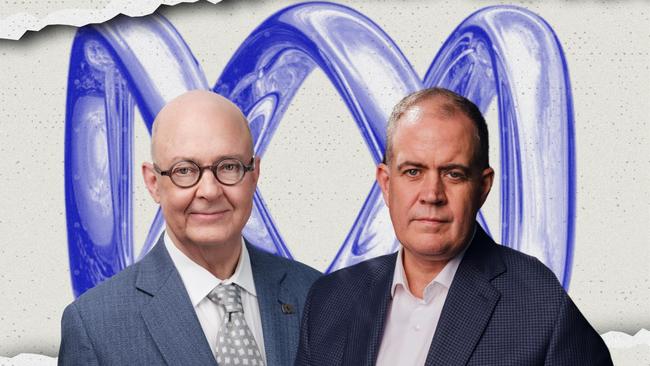
But Scott, a former editor-in-chief at the old Fairfax broadsheet newspapers and now a controversial vice-chancellor of Sydney University, did not tackle the journalistic culture of the organisation. It’s no surprise he is too timid to tackle cultural issues at his uni. In fact, by introducing live Twitter feeds on programs such as Q+A, Scott arguably accelerated the decline of the ABC’s journalism into one-sided political advocacy.
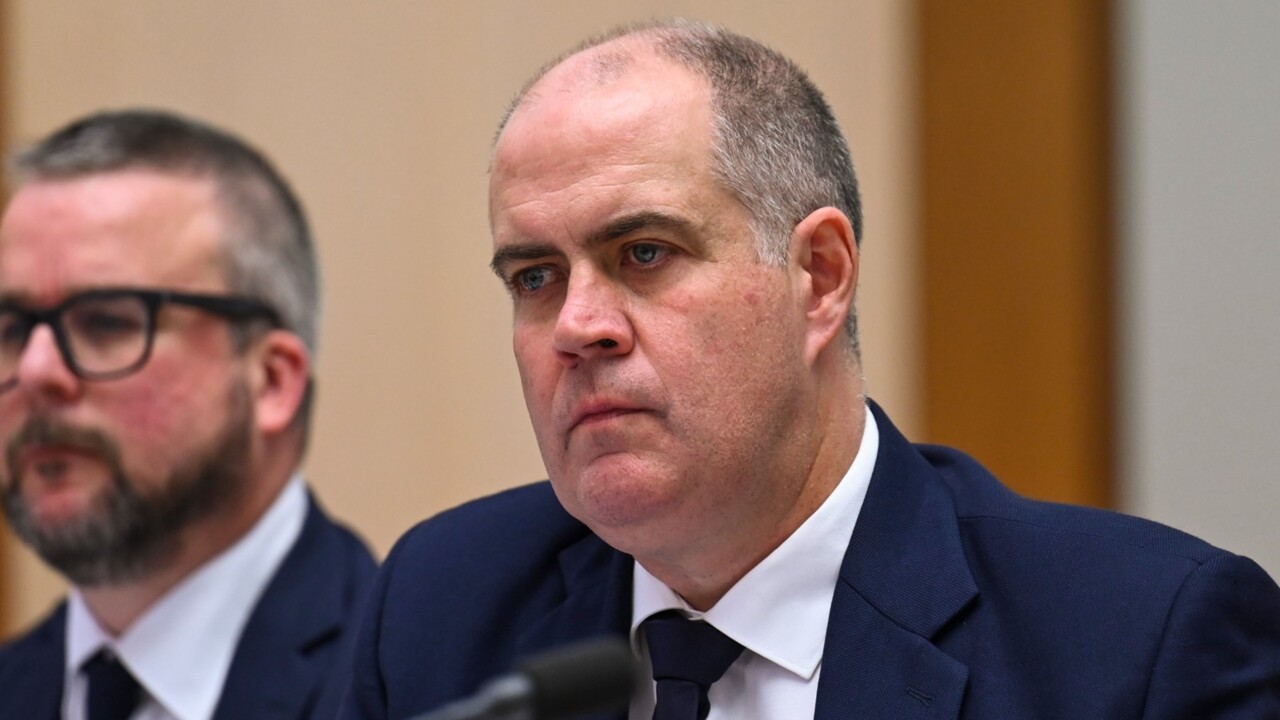
Williams, thankfully, is no fan of social media. The last person to try to tackle the ABC’s editorial culture was the ill-fated Jonathan Shier, who lasted less than two years after his March 2000 appointment.
Former Coalition prime minister John Howard had tried to effect change but his friend Donald McDonald, who served two terms as ABC chairman, was completely captured by staff.
Nor did Howard’s appointment of conservative directors such as this newspaper’s Janet Albrechtsen, anthropologist Ron Brunton, former Victorian Liberal Party director Michael Kroger or Quadrant editor Keith Windschuttle change the culture. Even former Australian Stock Exchange chairman Maurice Newman admits he was unable to influence the ABC’s journalism as chairman of the media organisation from 2007 to 2012.
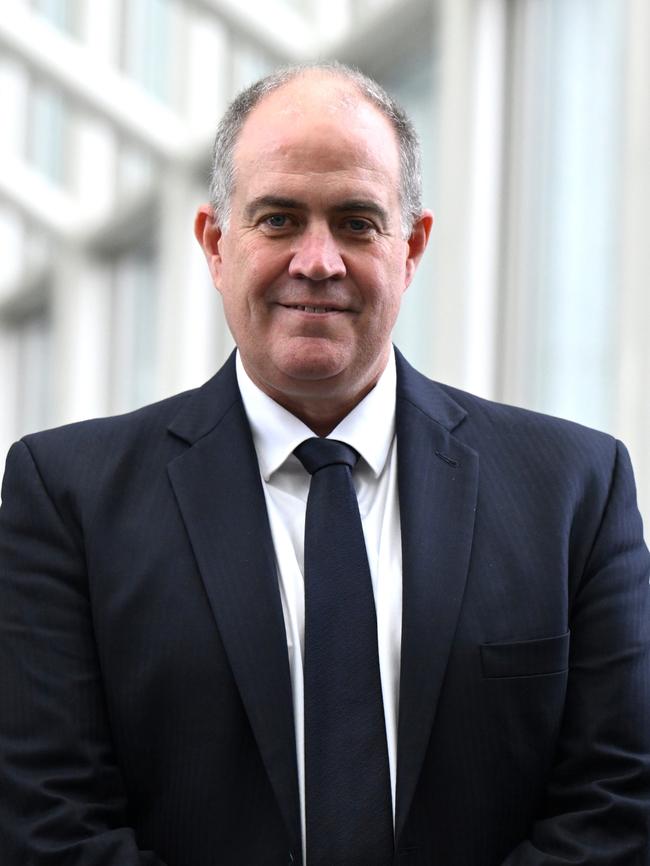
By itself, the resignation on August 22 of managing director David Anderson a year into his second five-year term does not guarantee Williams will get his own way. Anderson’s predecessor, Michelle Guthrie, a lawyer from Google with no content background, was removed by the board in September 2018 after only 2½ years. Prime minister Malcolm Turnbull’s preferred chairman, Justin Milne, followed her out only four days later.
Nothing at ABC news and current affairs improved after their departure.
A series of staff debacles under then new MD Anderson and his first chair, Ita Buttrose, included the departure of former Q+A host Stan Grant, the axing of The Drum and an unlikely redundancy for ABC News political editor Andrew Probyn, one of the corporation’s few genuine story breakers.
Worse was the reputational damage done in court by the axing of Antoinette Lattouf from a five-day radio gig last Christmas over a tweet about Gaza.
The ABC board’s five-year plan makes clear what Anderson and Buttrose were prioritising: diversity, so the editorial staff would reflect the cultural make-up of the wider community. Here the ABC means racial and sexual diversity and employing the disabled. The plan does not discuss political diversity.
Nor does the board give editorial managers KPIs about improving content, building audience numbers or breaking exclusive stories.
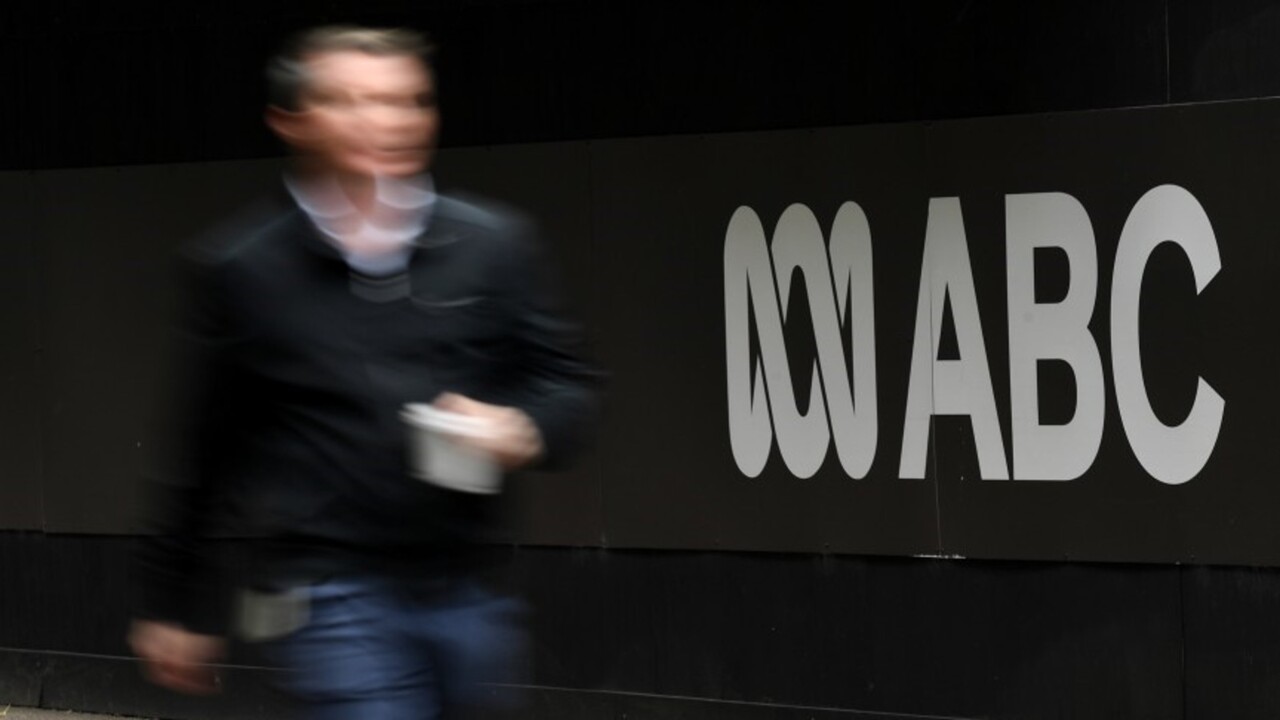
Williams, unlike most ABC board appointees, is a content person, having run the Foxtel service for a decade and News Corp Australia for 20 months. He is an avid reader of news, current affairs and public policy.
These are qualities the board should always demand from its MDs, who under the ABC Act and charter hold the role of editor-in-chief. Instead it has appointed MDs who adopt management strategies that get bogged down in process: think here the various station rebranding and marketing exercises that usually follow the appointment of each new MD.
This media section once had the privilege of publishing Trevor Kennedy – a former Bulletin magazine editor and MD of Kerry Packer’s Consolidated Press – on the nature of board appointments to media businesses. Kennedy ridiculed the former Fairfax board’s boast that it had no influence on editorial.
What then was the point of the board since “editorial is the business”, Kennedy asked.
Williams has signalled since February that he most certainly does mean to influence content.
He has rightly criticised the prioritising online of lifestyle over news, spoken up against moves by the previous leadership to wind back broadcast radio, pledged not to reduce reporting numbers in regional Australia and said the ABC should aim to be the “last broadcaster standing”.
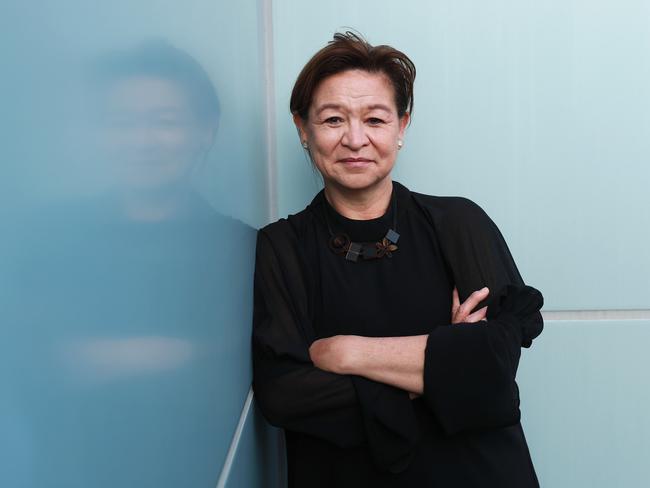
Media groups that endlessly examine market research to seek new and younger audiences by abandoning their key purpose in favour of the latest youth fad are on a downward spiral. Hence the ABC today speaks to fewer Australians as a percentage of total audience than ever.
This column has never known a time when the big question from marketing departments was not “how to engage younger audiences”. Yet young people have never been big consumers of current affairs, each generation coming to such content as its stake in society grows via family, home and mortgage.
The ABC’s core functions to service the entire nation are more important in an age of digital media disruption than they were when the ABC was formed in 1932. But as a taxpayer-funded organisation it has a responsibility to be fair and impartial. This is something Williams has emphasised.
Two weeks into his new job he told staff activism would not be welcome. “If you don’t want to reflect a view that aspires to impartiality don’t work at the ABC,” he told Monica Attard’s Fourth Estate podcast in March.
Williams told Attard of his “deep and abiding and growing scepticism for social media”, an issue that caused trouble for Anderson as Laura Tingle, before she became a staff-elected board member, and Four Corners reporter Louise Milligan tweeted criticism respectively of former prime minister Scott Morrison and former LNP federal member Andrew Laming.
More damaging was management’s collapse in the face of a Twitter storm against The Drum for having guests from the Institute of Public Affairs. Part-time host Julia Baird wrote powerfully in The Sydney Morning Herald in July 2018 defending the program’s practice of obtaining opposing views. No IPA guest ever appeared again. The program became boring and was axed in December last year.
Conservative commentators argue ABC journalists are required by law to be impartial. In fact, the ABC charter, which sits in section 6 of the ABC Act, does not mention impartiality.
Section 8 of the act says it is “the duty of the board … to ensure … news and information is accurate and impartial according to the recognised standards of objective journalism”.
This column in November 2021 quoted former ABC director Kroger calling for reform of the act. “You have to strengthen section 8 because the directors are liable for the corporation’s behaviour, but what liability is that? If the act has been breached the directors face no penalty.”
That will have to wait for a future Coalition government with more grit than the last three. Until then Williams needs to find an MD with wide broadcasting and journalism experience who is tough enough to stand up to the ABC’s staff.
That will require similar toughness from the board.
Williams has signalled he wants more ABC drama, better arts coverage and stronger documentaries. He must miss Lateline and the political heft of the old 7.30 Report.
The ABC is not the dominant force it once was and should still be today as the biggest single media organisation in the country.







ABC chairman Kim Williams, who has occupied the role for just shy of six months, may be the first person to change the public broadcaster’s culture since Mark Scott introduced the iview streaming service in 2008 and the 24-hour TV news channel in 2010.